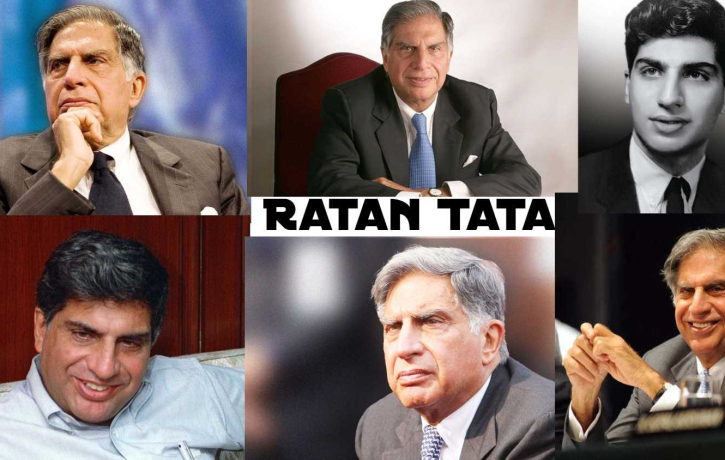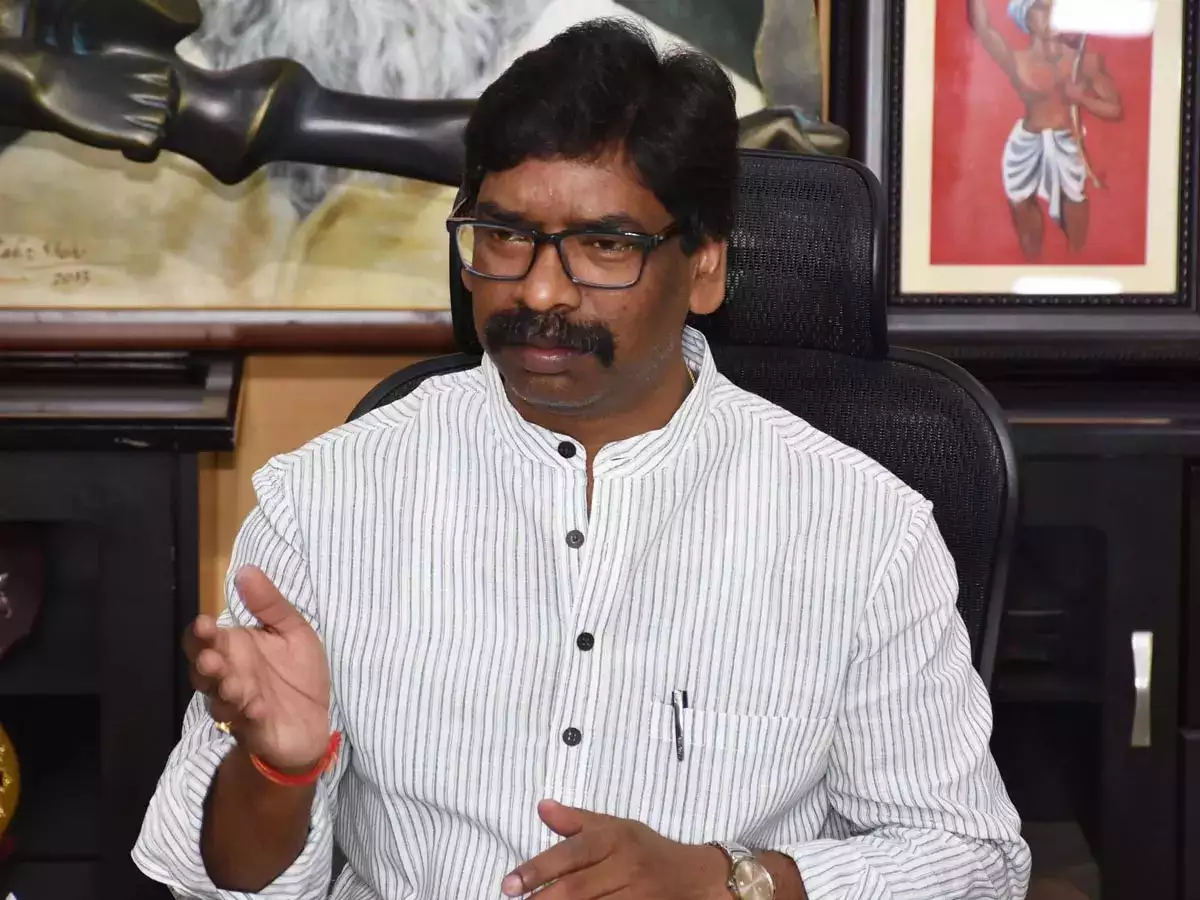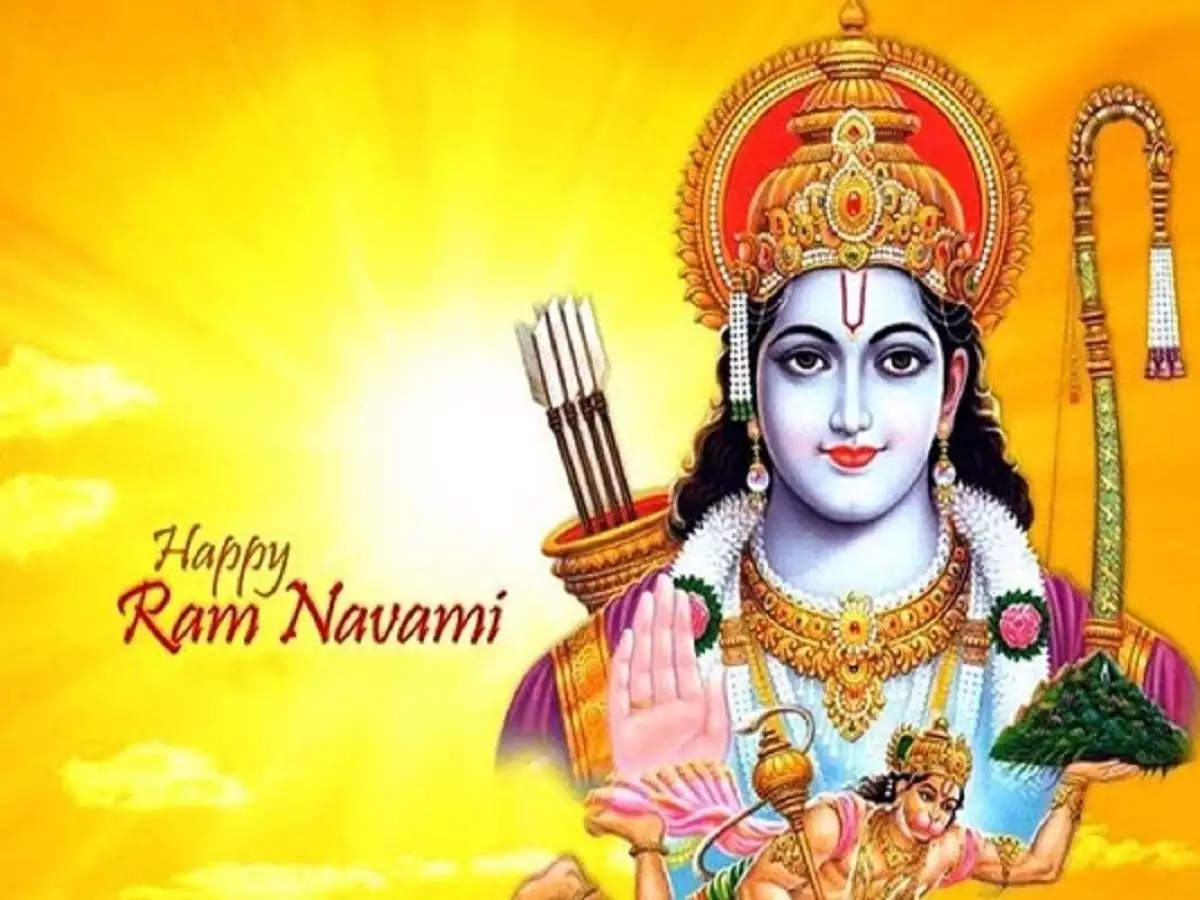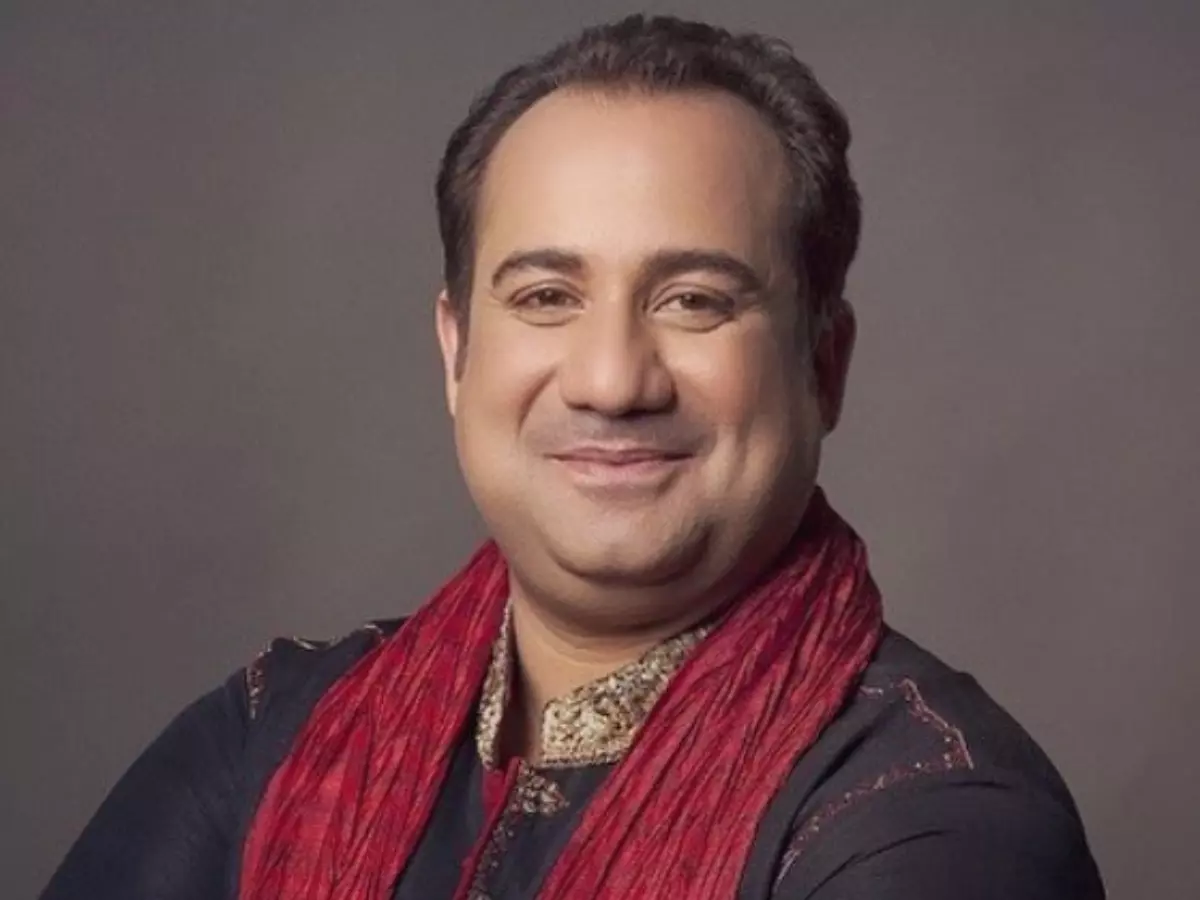- 1 Visionary Industrialist and Philanthropist of Modern India
Visionary Industrialist and Philanthropist of Modern India
Introduction
Ratan Tata is one of India’s most respected and iconic industrialists. A visionary leader, philanthropist, and former chairman of the Tata Group, his life has been defined by simplicity, integrity, and a deep commitment to nation-building. Under his leadership, the Tata Group expanded globally and entered new-age industries while upholding the group’s century-old values of ethics and social responsibility.
Early Life and Education
-
Full Name: Ratan Naval Tata
-
Date of Birth: December 28, 1937
-
Place of Birth: Bombay (now Mumbai), India
-
Parents: Naval Tata (father), Sooni Tata (mother)
Ratan Tata is the great-grandson of Jamsetji Tata, the founder of the Tata Group. He was raised by his grandmother, Lady Navajbai Tata, after his parents separated in his childhood.
Education:
-
Schooling: Campion School, Mumbai; Cathedral and John Connon School, Mumbai
-
Higher Education:
-
Bachelor’s degree in Architecture from Cornell University (USA)
-
Advanced Management Program from Harvard Business School
-
Career at Tata Group
Ratan Tata began his career at the Tata Group in 1962 at Tata Steel’s shop floor, learning the business from the ground up. He worked in various capacities before being named successor to J.R.D. Tata, the legendary chairman of the group.
Chairmanship:
-
Tenure: 1991 to 2012 (Chairman of Tata Group)
-
Post-Retirement: Interim Chairman in 2016 after the removal of Cyrus Mistry
Major Achievements
1. Global Expansion of the Tata Group:
Ratan Tata transformed a largely India-centric group into a global conglomerate.
-
Tata Tea acquired Tetley (UK) in 2000 – the largest beverage acquisition at the time.
-
Tata Motors acquired Jaguar Land Rover (UK) in 2008, marking a milestone in India’s global manufacturing presence.
-
Tata Steel acquired Corus (UK) in 2007, one of the largest foreign acquisitions by an Indian company.
2. Launch of the Tata Nano:
In 2008, Ratan Tata introduced the Tata Nano, the world’s cheapest car, with the vision of making car ownership affordable for the average Indian family. Though the project had mixed commercial results, it reflected Tata’s innovative mindset and social commitment.
3. Diversification and Innovation:
Under his leadership, Tata Group entered high-tech sectors, IT (via TCS), telecom, retail, and hospitality. He also emphasized innovation, research, and sustainability.
Leadership Style and Philosophy
-
Ethical Leadership: Ratan Tata is known for his unwavering commitment to ethical business practices.
-
People-Centric: He valued employee welfare and stakeholder interests above profits.
-
Quiet and Visionary: A reserved yet deeply strategic leader, he preferred results over rhetoric.
-
Nationalism: Often placed India’s interests above corporate gains, advocating for indigenous capabilities and economic self-reliance.
Philanthropy and Social Work
Ratan Tata is deeply involved in philanthropic initiatives through the Tata Trusts, which own about 66% of Tata Sons, the holding company of the Tata Group.
Key Areas of Philanthropy:
-
Education: Scholarships for Indian students, support for institutions like IITs and Harvard
-
Healthcare: Cancer care, rural healthcare initiatives, pandemic relief
-
Rural Development: Infrastructure, livelihoods, and sanitation
-
Disaster Relief: Earthquake, flood, and COVID-19 relief contributions
He has donated hundreds of crores toward national crises and social causes, often quietly without media fanfare.
Honors and Recognition
-
Padma Bhushan (2000) – India’s third-highest civilian award
-
Padma Vibhushan (2008) – India’s second-highest civilian award
-
Honorary degrees from prestigious institutions, including Harvard, Cornell, and Cambridge
-
Numerous international business and humanitarian awards
Personal Life
-
Ratan Tata is unmarried and known for living a modest lifestyle.
-
He is passionate about architecture, design, and flying (he holds a pilot’s license).
-
A dog lover, Tata is known for his compassion toward animals, especially stray dogs in Mumbai.
Post-Retirement Contributions
Even after retiring, Ratan Tata remains active as an advisor, investor, and mentor.
-
Startup Investments: He has supported numerous Indian startups such as Ola, Paytm, and Urban Ladder.
-
Young Entrepreneurs: Known for encouraging youth-led innovation and social enterprises.
-
Board Roles: He continues to serve on advisory boards of global think tanks, universities, and humanitarian organizations.
Legacy
Ratan Tata’s legacy is not just one of business success but of ethical capitalism, social responsibility, and humility. He is widely regarded as a role model for aspiring business leaders and entrepreneurs, not only in India but globally.
He proved that business and conscience can go hand in hand, and that corporate success should always serve a larger purpose — the upliftment of society.
Conclusion
Ratan Tata’s life story is a beacon of purpose-driven leadership. In a world where corporate greed often overshadows ethics, he stands out as a man who led with vision, courage, and compassion. He redefined what it means to be a businessman, not just a builder of companies, but a builder of the nation.








